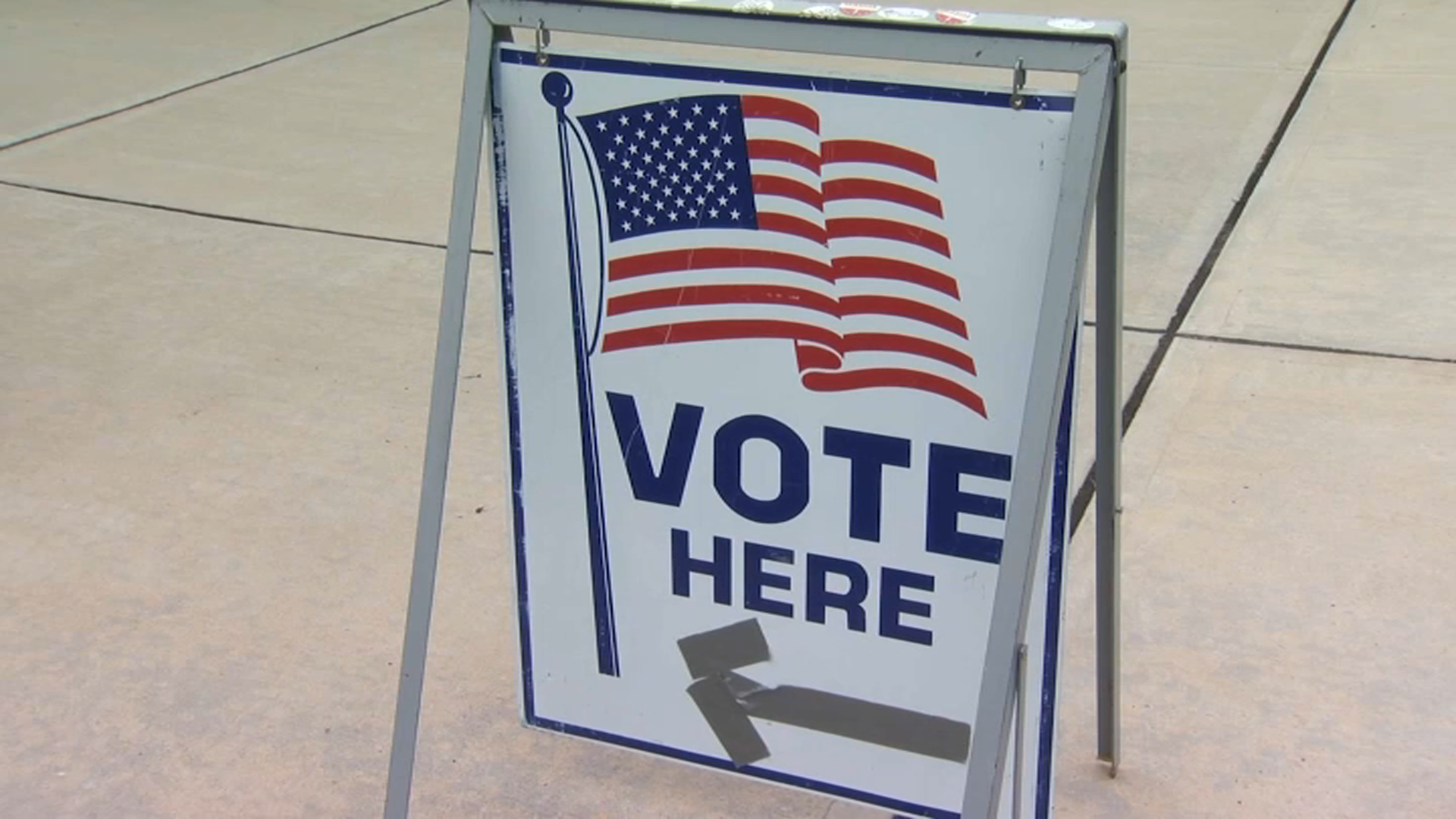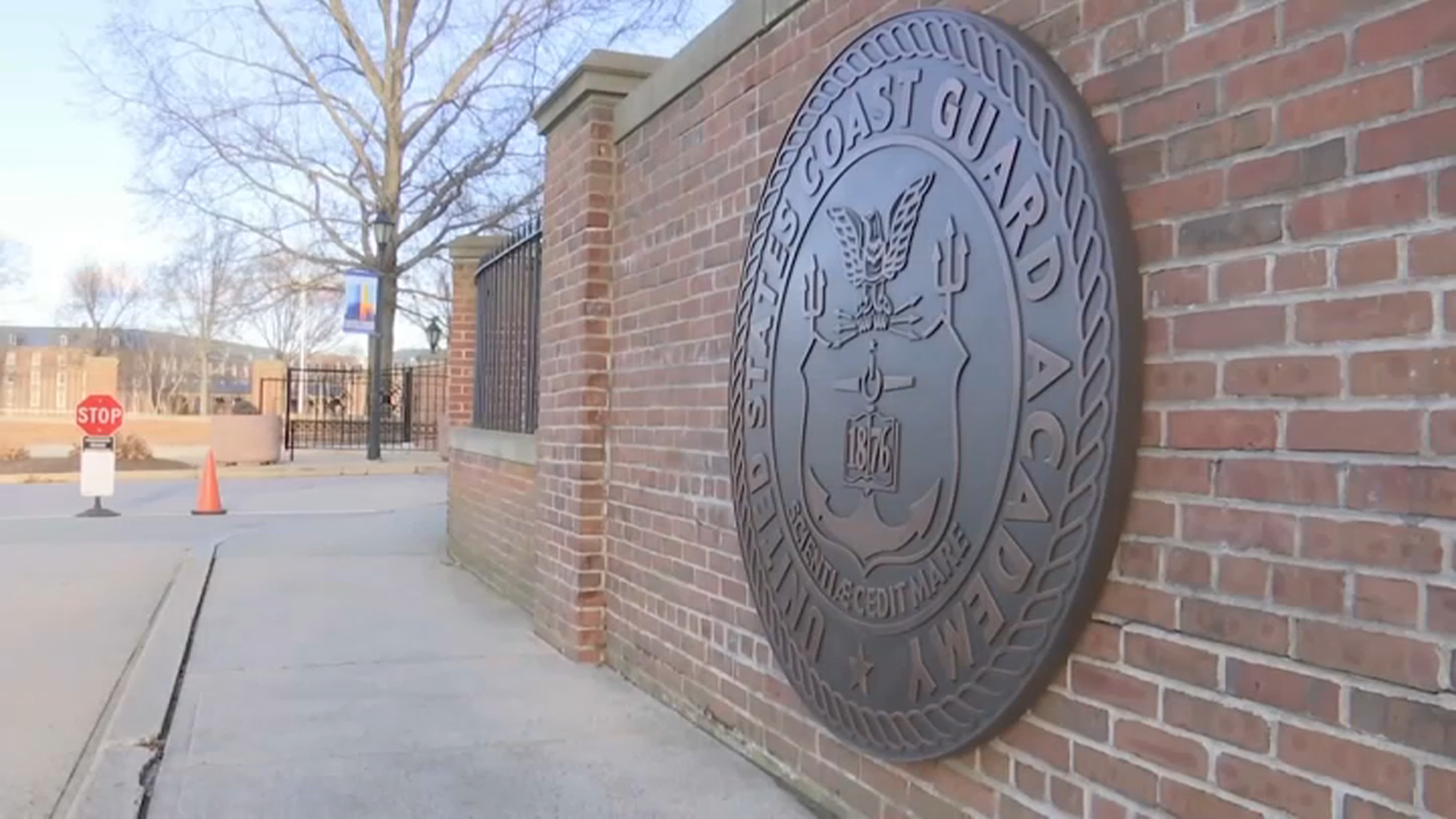In the coming months, we will see sweeping changes in how we protect senior citizens in Connecticut. Sen. Martha Marx (D- New London) joins Mike with a look at what the new law does to try to accomplish that.
Mike Hydeck: Lawmakers are calling this a big first step when it comes to improving elder care in Connecticut. The sweeping bill passed unanimously through the Senate. It includes safeguards when it comes to seniors who get home care easier access to Medicaid, and more. Joining me now is Senator Martha Marx, Democrat from New London. Good to see you. Co-chair public health. We appreciate having you back on Face the Facts. Let's talk nursing homes. This is one of your areas of expertise, of course. We know the cost of nursing homes have gotten so expensive over the years, it's difficult. More and more people are choosing home care. They're trying to age in place. How does this bill help that whole process?
Martha Marx: So aging in place is what? Absolutely what we want happening for our elders. So there were two bills 5001, which was Speaker Ritter's bill and 5046. Bill 5001 is more for the home care industry. So it's trying to make the home care industry safer by having a registry for all of the people that can work out there. So just let's say you speak Spanish or you speak Haitian or it's for your dad who likes to play the drums, and he has somebody that would like to play the drums. And how long they've been with the agency, it just makes it a little bit easier to find the right fits, because sometimes it can take three or four different tries to find the right fit. And then people get a little bit more upset. The biggest thing was the presumptive Medicaid eligibility, which when you're coming out of a nursing home or a hospital, and you know your assets, you know how much money you make a year, and everybody knows that you're going to qualify for Medicaid, you've just never applied for it before. But now the homecare agencies can presume that you're going to qualify for it. And so therefore, you can get the homecare program for elders immediately, and then they'll, DSS will figure it out.
Mike Hydeck: So it eliminates the red tape on the front end?
Get Connecticut local news, weather forecasts and entertainment stories to your inbox. Sign up for NBC Connecticut newsletters.
Martha Marx: Absolutely. Who eliminates red tape? We actually eliminated red tape. And then there's only 1% in other states that have done it, where the person did not qualify. So the state will lose a little bit of money there. But by not sending that person to a nursing home, they're going to save millions. So that part and Senator Kelly has always pushed hard for that. So he was thrilled that that was passed.
Mike Hydeck: Yeah, I remember, we've talked about it here on Face the Faces a couple of times. It's a dizzying experience to pick someone, but once you pick someone, do either of these two bills, we've had stories here on NBC Connecticut, where a home health care giver would literally steal somebody's identity and start stealing their money. Can this help address some of that? I mean, as far as protections and legal protections, are there background checks, things like that?
Martha Marx: Yeah. So they have to have a background check if they're licensed. One of the parts of this bill that you don't think would be a big deal, but it is saying that they have to expand where you can get a background check and fingerprinted. Really the fingerprinting. And honestly, it's going to really help our bus driver shortage, too, because that's one of the biggest reasons why we don't have a lot of bus drivers is they have to wait so long for fingerprinting. So it's going to expand the locations where you can get fingerprinted. It's going to actually look at the agencies that have had people where there's been a complaint, and a very serious complaint, that now they're actually going to be able to take away their license and their privilege to provide home care. They have to wear a badge what you would think, really you have to have legislation to wear a badge? But they do have to have a badge with their name and their picture on it. Not necessarily the last name. I would prefer not their last name.
Face the Facts
Face the Facts with NBC Connecticut goes beyond the headlines, asking newsmakers the tough questions, giving an in-depth analysis of the big stories.
Mike Hydeck: What's the, can I ask you that? What is the reason behind the badge? I can make a badge on my computer and laminated at Staples. Who cares? I mean, it sounds it sounds immaterial honestly. Is there a serial number that's attached to the state?
Martha Marx: No. It's just that there was one agency, there's always one bad apple, that only one person worked at this agency. But they went and saw, they had like people that weren't actually the person that was supposed to be going, you know. So she went and said, 'Hi, I'm Martha Marx, I'm going to take care of you.' 'Hi, I'm Martha Marx, I'm going to take care of you.' And then she had other people go out with her name. But it's one bad apple ruined it. I don't. I said the same thing. Give me a break. It's like we have to have legislation for a badge? But we have to have legislation for a badge.
Mike Hydeck: And these can't fix everything. What else would you like to try to accomplish in maybe the next session or moving forward when it comes to protecting elders, access to care, making sure they can pay for it, age in place. What else can we need to accommodate?
Martha Marx: Well, there are more things we did. I mean, we made it so that you can only have two people to a room in a nursing home. There are some three and four bedroom nursing homes, like three or four people and they're like buddies and they're friends. So we're not going to make those people move. But we are going to moving forward that only two people can have a nursing home. We're doing things with assisted living. I'm sure you've read everything about assisted living, where you go into assisted living, and then all of a sudden there, it's going up 20, 30% They have to give you 60 days notice before they increase their fees for anything. So that's a really big thing. And it's also the municipal, what are they called? Every town has a municipal elder advocate and it's mandating which, why would you have to do this, but you do, expands their scope that mandates that they have to help the elderly with finding housing. But none of our housing bills passed.
Mike Hydeck: We have so much to talk about. We're totally out of time. I gotta have you back because there's so much. Senator Marx, we appreciate your time. We will bring you back soon.



